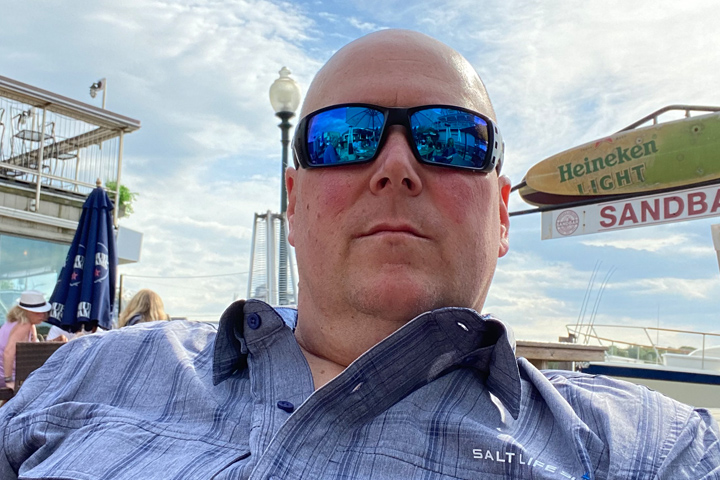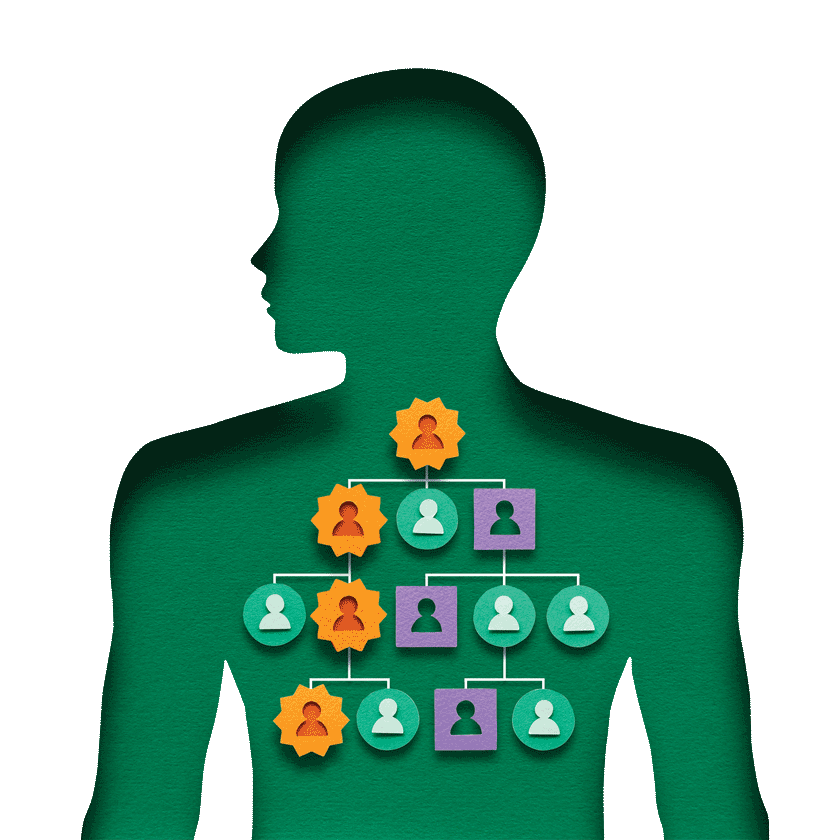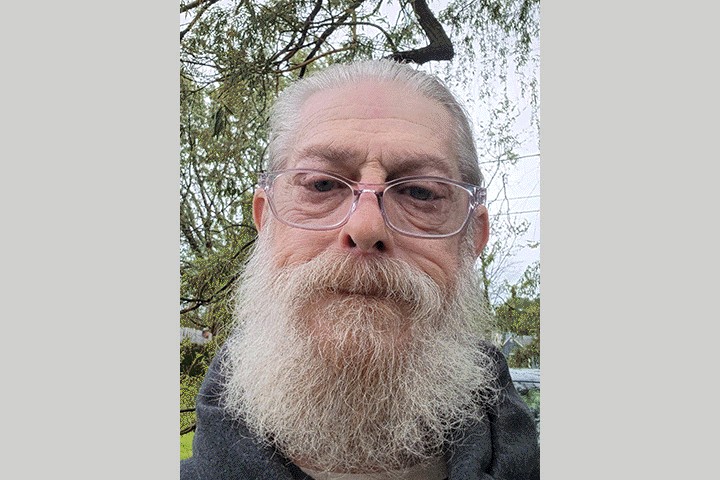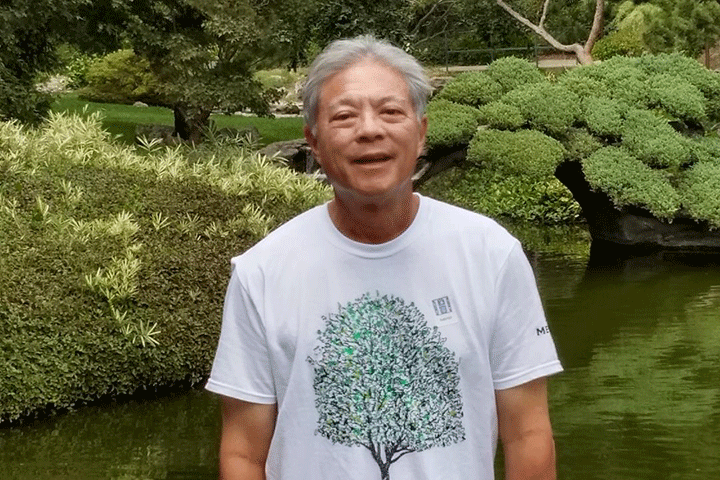BRCA Mutation Determines My Pancreatic Cancer Treatment

- Initial treatment with gemcitabine and cisplatin
- BRCA mutation discovered
- Switch to Lynparza
In June 2019 I was diagnosed with stage IV pancreatic cancer that spread to my liver and spine. I was 51.
I had been having back and abdominal pain for about two years, but it was shrugged off as gastritis by my doctors. Finally, I was in so much pain—pain all over my back and abdomen—that I went to the emergency room. Right in front of the doctor I had a stabbing pain; the doctor ordered a CT scan and after that a biopsy. That’s when the cancer was found. I had pancreatitis in 2017 but was very surprised by the diagnosis.
Treatment Starts
I then went to Regional Cancer Care Associates, where I saw Dr. Bhavesh Balar. Dr. Balar did the blood work for genetic testing, but it took more than two months to get the results. By then I had decided to go to Memorial Sloan Kettering Cancer Center (MSKCC) in New York, where I met Dr. James Harding. Dr. Harding was able to see me seven days after I contacted his office. He started me on chemotherapy with a combination of gemcitabine and cisplatin. I was on this combination for about six and a half months.
During that time the results of the genetic testing came back. I found out that I have a BRCA2 mutation. My treatment was changed to Lynparza, an oral chemotherapy that I take twice a day. I was on Lynparza until my most recent scan, in March 2021, when the cancer started to grow again. Now I am on FOLFIRINOX.
I am still with MSKCC, which has local facilities in Middletown, New Jersey, much closer to my home in Neptune. I go there for imaging and treatment, but I see Dr. Harding in New York.
I still have abdominal and back pain from the cancer, and a number of side effects from treatment, including nerve and joint pain. I take medications to treat these conditions. Overall I have tolerated the side effects pretty well. I haven’t stopped working this whole time.
The Impact of the BRCA Mutation
When I found out that I carried the BRCA2 mutation, I told my family. My father got tested and was negative, so we believed that the mutation came from my mother (who passed away a number of years ago). My three children got tested, and my youngest daughter carries the mutation. My brother and his son have not been tested but his daughter has; she also carries the mutation. Of my four cousins, two were tested and are carriers as well. One has had preventive surgery for breast and ovarian cancer; the other is still deciding what to do. My extended family is now aware that some members are at higher risk for certain cancers.
I am glad that my family members were able to get tested, but I am frustrated that issues like inherited mutations that increase the risk of developing cancer need someone famous to shed light on the issue.
Chris passed away four and a half years after his diagnosis. As a carrier of the BRCA2 mutation he encouraged his family to get genetic testing and be proactive. We offer our deepest condolences to his family.






